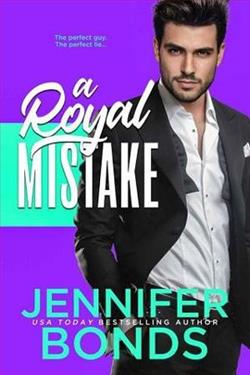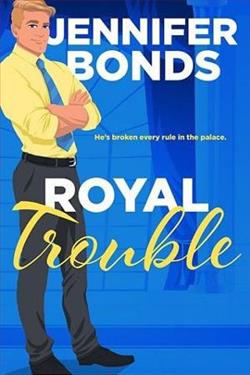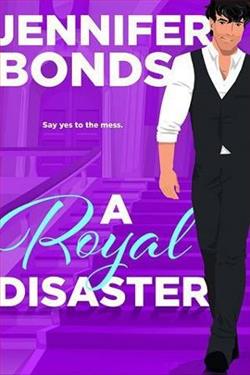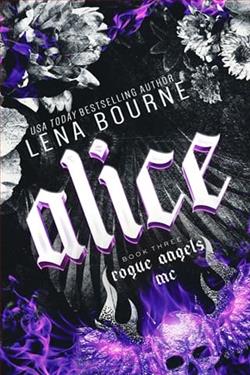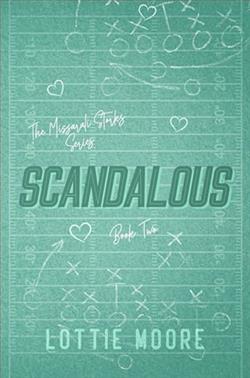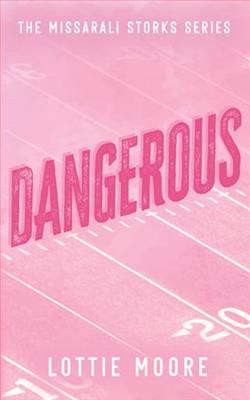Page 4 of Night Probe! (Dirk Pitt 6)
"No time. I'll flash it down with this-"
Suddenly the door opened and a stranger stood on the threshold, his eyes ferreting the interior o
f the station. He was built like ajockey, rail-thin and short. A mustache was blond as was the hair that showed beneath the Panama straw hat cocked on his head. The clothes indicated a fastidious dresser; Weber and Heilbroner English-cut suit with silk stitching, the razor creased pants stopping evenly above a pair of two-tone brown suede and leather shoes. His most eye-catching feature, however, was a Mauser automatic pistol held in a slim, effeminate hand.
"What in hell's going on?" Meechum mumbled in awe.
"A holdup, gentlemen," the intruder said with the tiniest hint of a smile. "I thought it was obvious."
"You're crazy," snapped Harding. "We've got nothing to rob."
"Your station has a safe," said the stranger, nodding toward the steel box standing on high castors in one corner of Harding's office area. "And safes contain valuable commodities, like payrolls perhaps?"
"Mister, robbing a railroad is a federal offense. Besides, Wacketshire is a farming community. There's no payroll shipments. Hell, we don't even have a bank."
"I'm in no mood to debate the economics of Wacketshire." The long hammer on the Mauser was pulled back. "Open the safe.
The whistle tooted again, much closer this time, and Harding knew from experience the sound came only a quarter mile up the track. "Okay, whatever you say, right after I flag the Limited."
The gun went off and Meechum's chessboard exploded, scattering the pieces about the linoleum floor.
"No more stupid talk about stopping trains. I suggest you get on with it."
Harding stared at the robber, his eyes stricken with sudden horror. "You don't understand. The bridge might be out."
"I understand that you're trying to be clever."
"I swear to God-"
"He's telling the truth Meechum cut in. "A warning just came over the line from Albany about the bridge."
"Please listen to us," Harding pleaded. "You could be murdering a hundred people." He paused, his face pale as the headlamp from the approaching engine beamed through the window. The whistle shrilled no more than two hundred yards away. "For God's sake-"
Meechum snatched the lantern from Harding's hand and lunged for the open doorway. The gun blasted again. A bullet thudded into his hip and he crashed to the floor a foot short of the threshold. He rolled to a kneeling position and cocked his arm to throw the lantern onto the track outside. The man in the straw hat grabbed his wrist and in the same motion brought the pistol barrel down on Meechum's head and kicked the door shut.
Then he whirled on Harding and snarled, "Open that damned safe." Harding's stomach heaved at the sight of Meechum's blood spreading on the floor, and then he did as he was told. He clutched the combination dial, sick with helplessness as the train roared by on the track not twenty feet behind him, the lights from the Pullman coaches casting flickering reflections through the panes of the station windows.
In less than a minute the clack from the last car's wheels on the rails had died away and the train was gone, heading up the grade to the bridge.
The tumblers dropped into place and Harding twisted the bolt arm, swung the heavy door open and stepped aside. Inside were a few small, unclaimed packages, old station logbooks and records, and a cashbox. The robber scooped up the box and counted out the contents.
"Eighteen dollars and fourteen cents," he said indifferently. "Hardly a munificent sum, but it should keep me eating for a few days."
He neatly folded the bills in a leather breast wallet and dropped the change in a pants pocket. Casually tossing the emptied cashbox on the desk, he stepped over Meechum and faded into the storm.
Meechum moaned and stirred. Harding knelt and lifted the telegrapher's head. "The train . . . ?"
Meechum murmured.
"You're bleeding pretty bad," said Harding. He pulled a red bandana from his hip pocket and pressed it against the flowing wound.
Clenching his teeth against the burning agony of two injuries, Meechum stared dully at Harding. "Call the east bank . . . see if the train is safe."
Harding eased his friend's head to the floor. He grabbed for the phone and threw back the extension arm, opening the transmitter circuit. He shouted into the mouthpiece but silence was his only reply. He closed his eyes for a moment and prayed, then tried again. The line to the other side of the river was dead. Feverishly he turned the selector wheel on the Cummings-Wray sender and called the dispatcher at Albany. All he heard was static.
"I can't get through." He could taste the bitterness in his mouth. "The storm has disrupted the circuits."
The telegraph key began to click. "The telegraph lines are still open," muttered Meechum. "That's Standish with his chess move."








